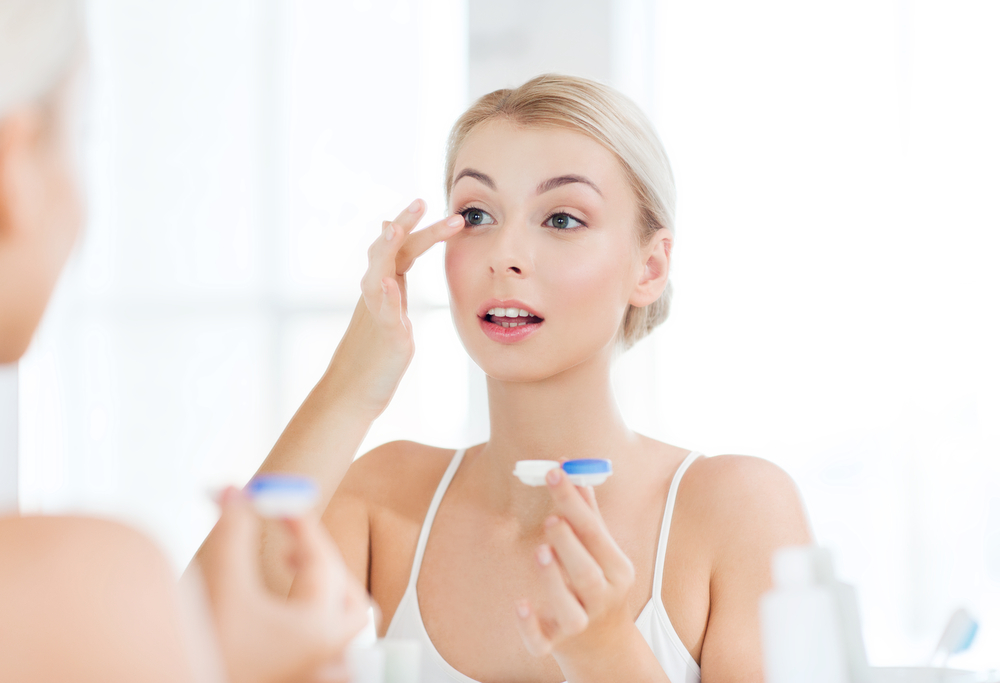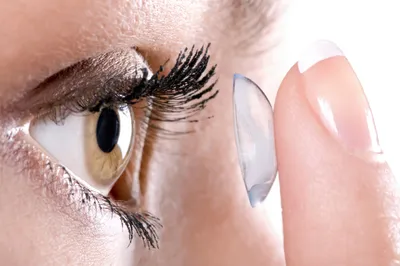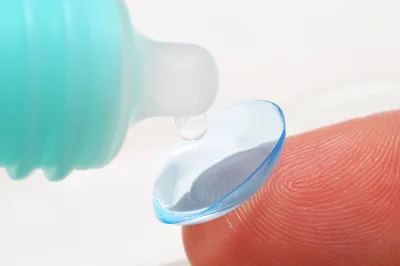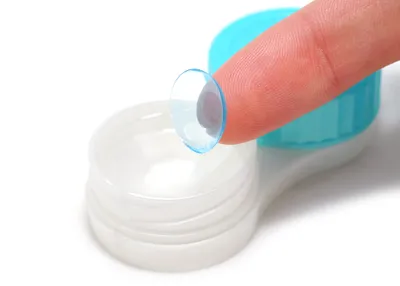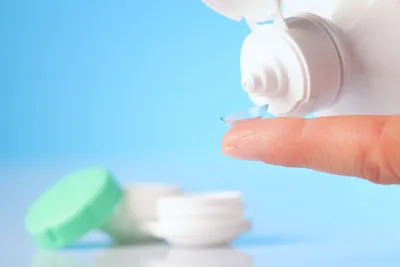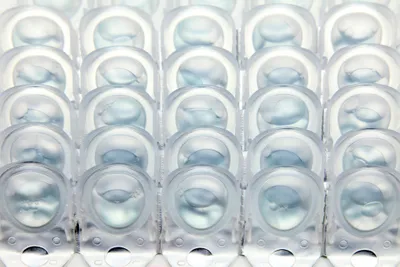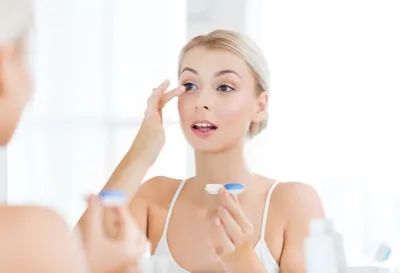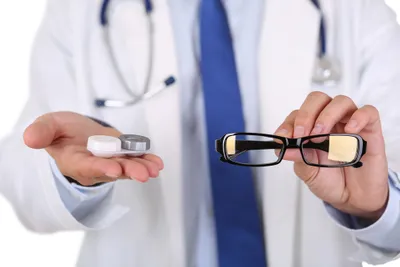Millions of Americans wear glasses to correct their vision for near- or far-sightedness. Unfortunately, wearing glasses isn’t always convenient, attractive, or safe. In many situations, such as playing sports, there’s a need to ditch bulky glasses for something less obstructive. And in many cases, that solution is contact lenses.
The first contact lenses were developed more than a century ago, but it’s only in the past few decades that they’ve entered mainstream society. Today, contact lenses are an affordable alternative to glasses. But the convenience of contacts comes with a cost: it’s absolutely vital to practice proper hygiene when using those contact lenses. Here’s how you can keep your contacts clean and your eyes safe…
1. Wash your Hands
You may not realize it, but your hands are often very, very filthy. Even when you can’t see dirt on your hands, they’re typically covered in layers of bacteria. And while the amount of bacteria on your hands will be related to your lifestyle–in other words, where you tend to put your hands each day–everyone who wears contact lenses needs to take care when handling their contacts.
The problem is that you can easily transfer bacteria from unwashed hands to your contacts and then to the surface of your eye. That can lead to mild to moderate to serious infection. Preventing this is rather simple: carefully wash your hands every single time you go to handle your contact lenses.
2. Clean your Contacts
It’s crucial that you wash your hands when handling your contacts. But washing your hands would be pointless if you didn’t take the safe careful approach to your actual contact lenses.
Your eye doctor can show you how to properly clean your contact lenses, ensuring that they remain free of potentially damaging bacteria. In most cases the contact lenses will need to be soaked in a cleaning solution overnight and then gently rinsed before placing them in the eyes.
3. Store Lenses Properly
You wouldn’t keep your perishable food in a warm or dirty cabinet, so why would you even think about storing your contact lenses in such a place? Remember that you’ll be putting those contact lenses in your eyes, so it’s absolutely crucial that you store them properly.
That means placing your contact lenses in the proper lens storage case, which should be cleaned after every single use. The American Optometric Association recommends you regularly inspect the case to ensure nothing that could damage the contacts has fallen inside.
4. Avoid Swimming while Wearing Contacts
Swimming is one of the most dangerous things you can do while wearing contact lenses. That’s because going underwater can result in bacteria becoming trapped between the lens and the eye, leading to serious infection.
There have even been cases of individuals losing sight in one or both eyes as a result of swimming with their contacts still in. So, if you’re going anywhere near water it may be best to take the contact lenses out. Failing to do so could come with hugely negative consequences.
5. Use Fresh Cleaning Supplies
See that date on the side of the cleaning solution for your contact lenses? Make a mental note of it, as there’s a good reason it’s there. Old cleaning solution for contact lenses can be significantly less effective, meaning it won’t do much to help keep your contacts clean and safe to use.
And if there’s no expiration date on the side of your contact lens cleaning solution, throw it out immediately. There’s simply no way to tell how old it is or how much danger it poses to your eyes. Put simply, when it comes to your eyes, it’s better to be safe than sorry.
6. Don’t Push the Schedule
Your contact lenses are designed to last for a set amount of time before requiring replacement. Naturally, it’s tempting to push them beyond this schedule in order to save money. After all, contact lenses can be rather expensive. But it’s just not worth the risk.
That risk, of course, is the damage done to your eyes by using expired and less effective contact lenses. It’s also a bad idea to use unopened and expired contacts, as this increases the chance that the seal protecting the lenses may have been compromised, leading to their infection.
7. Use Recommended Cleaning Products
There’s no denying that you can find just about anything online, including discount cleaning products for contact lenses. And while these products could help you save a few bucks, the American Optometric Association reminds they could end up costing you a lot more in the end.
That’s because some discount cleaning products haven’t undergone the same kind of testing that more expensive and more widely available cleaning products have. Remember that if a price sounds too good to be true, it probably is. In any case, talk to your eye doctor about the right products for cleaning your contact lenses.
8. See your Eye Doctor Regularly
Let’s say you’ve just had braces put on your teeth. Would you stop seeing your dentist? Of course not. Any time you start using something new with your body, it’s important to see a medical expert on a regular basis.
That’s why it’s highly recommended that contact lens wearers make regular visits to their eye care professional. Regular checkups can help ensure your eye remains healthy and that you’re using the contact lenses that are right for you.
